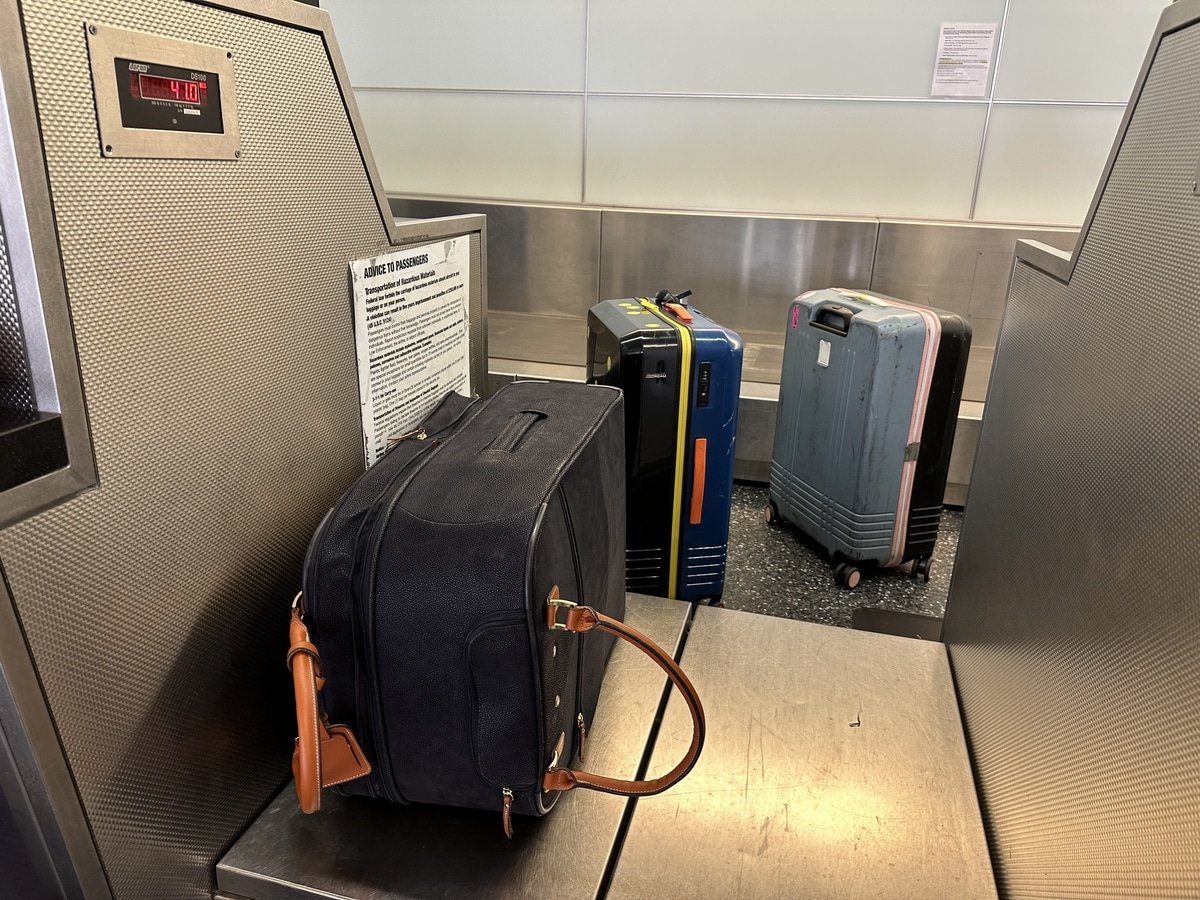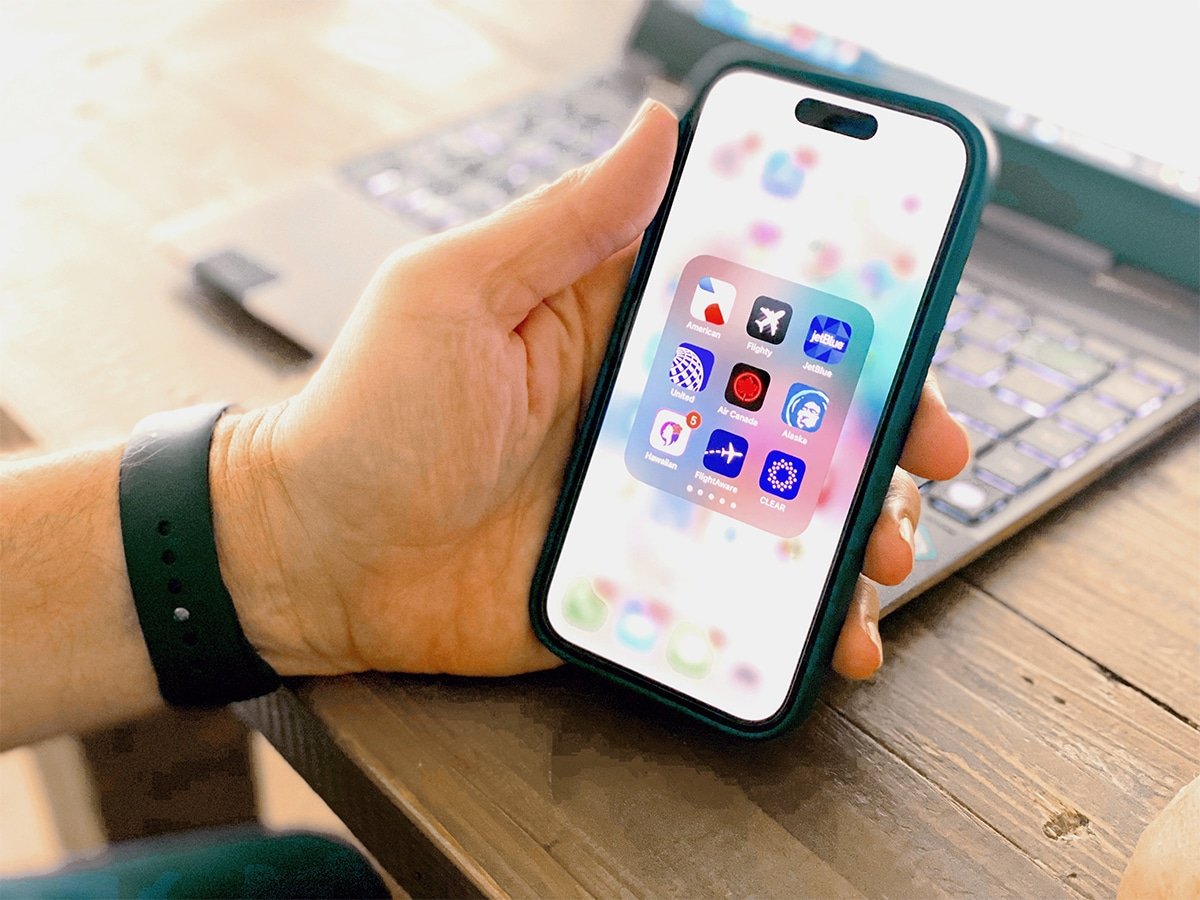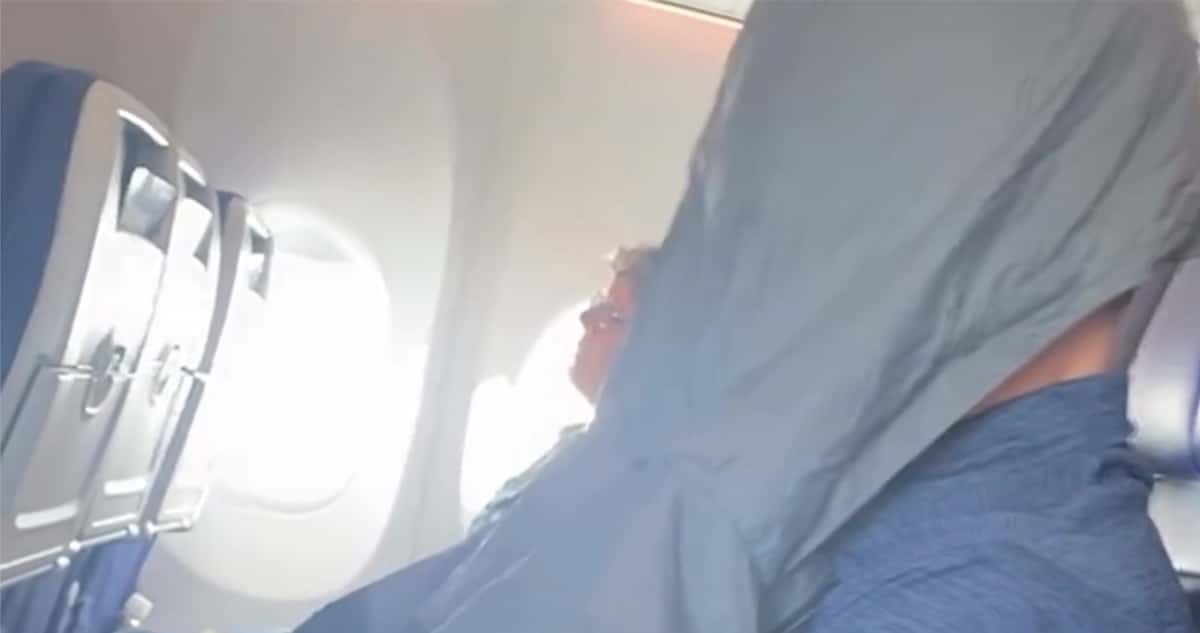 Late last month, Sidd Bikkannavar, a NASA engineer and a U.S.-born citizen, was returning from vacation in Chile when he was asked by Customs and Border Protection (CBP) officers in Houston to turn over his phone and provide his PIN—even though he (and his parents) weren’t from any of the seven countries listed in Trump’s executive order. This was legal.
Late last month, Sidd Bikkannavar, a NASA engineer and a U.S.-born citizen, was returning from vacation in Chile when he was asked by Customs and Border Protection (CBP) officers in Houston to turn over his phone and provide his PIN—even though he (and his parents) weren’t from any of the seven countries listed in Trump’s executive order. This was legal.
On the subject, CNN recently ran an article informing travelers to America—including green card holders and U.S. citizens—of their rights at the border. You might be surprised at the answers:
Can your laptop, phone or other electronic device be searched?
Yes. “According to CBP, your devices could be searched for many reasons, including incomplete travel documents or because your name matches a person of interest. It also could be a random search. If you decline to hand over your password here are the implications:”
If you’re a foreign national:
CBP can deny you entry.
If you’re a green card holder:
“Officers at the border cannot make you sign a form that would relinquish your permanent resident status.” According to Danielle Rizzo of the American Immigration Lawyers Association, “in most cases, legal permanent residents have a right to a hearing before an immigration judge. So you would likely be allowed back into the country to wait until that hearing.”
If you’re a US citizen:
“You cannot be denied entry into the United States, but you might be delayed. For citizens, and likely for many green card holders, border agents can inconvenience you, but eventually, they’re going to have to let you back into the country.”
“There’s a risk you could be held, detained…for hours in an unpleasant, windowless secondary inspection room.”
“There’s also a chance that authorities will seize your phone or laptop, he says, adding that he’s seen cases in which phones were held for months.”
How can you safeguard your device when traveling internationally?
The article says, “If you don’t want it searched, don’t carry it across the border.” You can also upload your data to a secure server in the cloud.
____________________________________________________________
Tried this tip? Let me know in the comments!
Have your own tip? Email it to whitney@johnnyjet.com!
Want to see more tips? Click here for all 875!
Want even more travel tips? Sign up here for the Daily Travel Tip newsletter! Just fill in your email address and check the Daily Travel Tip box—and you’ll have Johnny’s best tips, straight to your inbox each day!
If you already subscribe to our weekly newsletter, you can sign up on the same page. Just fill in your email and check the Daily Travel Tip box on the same page and you’ll receive an email with a link to update your JohnnyJet.com preferences. On that page, just click the Daily Travel Tip box and Update Profile.








No likey. Not at all. Here’s the fun part: if the current regime sticks to these tactics, we can expect other countries to exact similar searches and seizures. This is a distinct damper on travel, which will impact airlines, hotels and destinations around the world.
I love your blog JJ but this is fake news story. The phone in question was a NASA (thus federally owned) phone not his personal phone. You have no privacy rights when your employer wants to see their own property whether it be your work cell, work computer, or work email address. On top of that I guarantee he signed a document with NASA that he would surrender his NASA owned phone and provide pin on demand from the Federal government. This is not a private citizens personal phone case